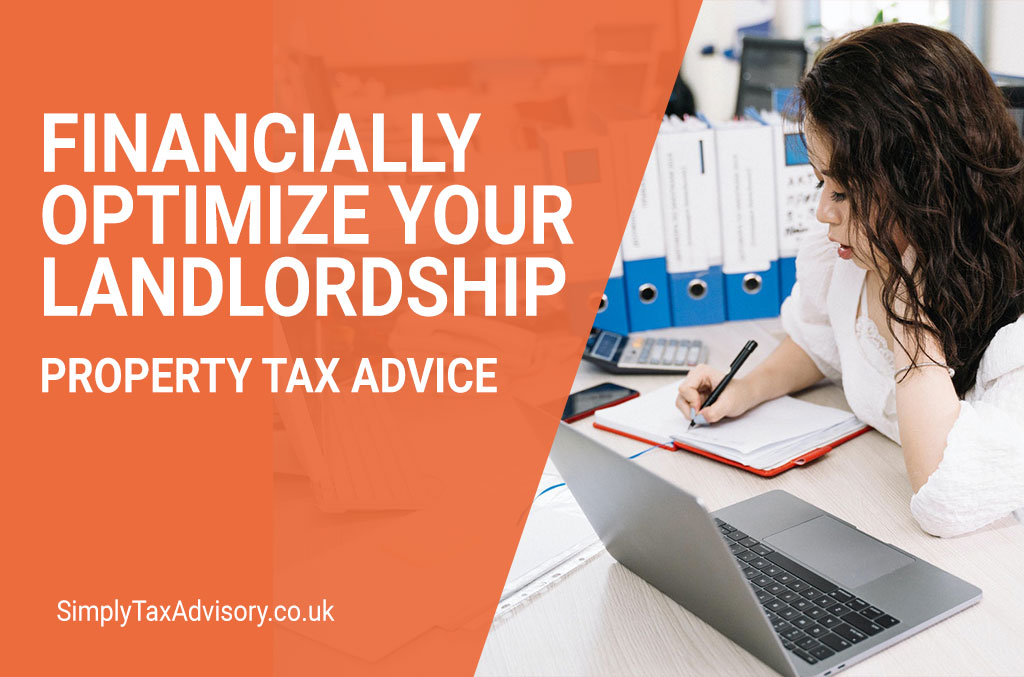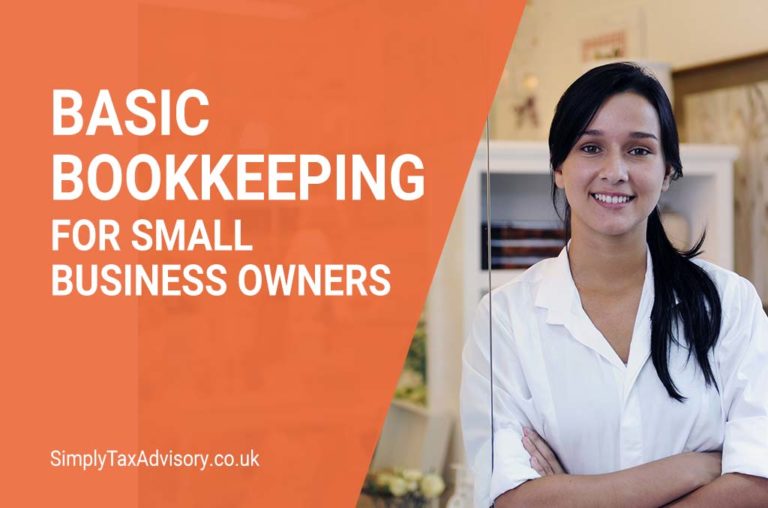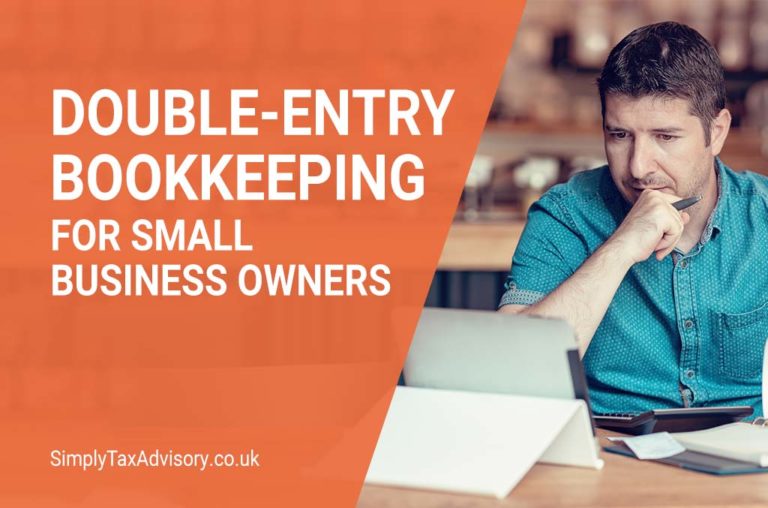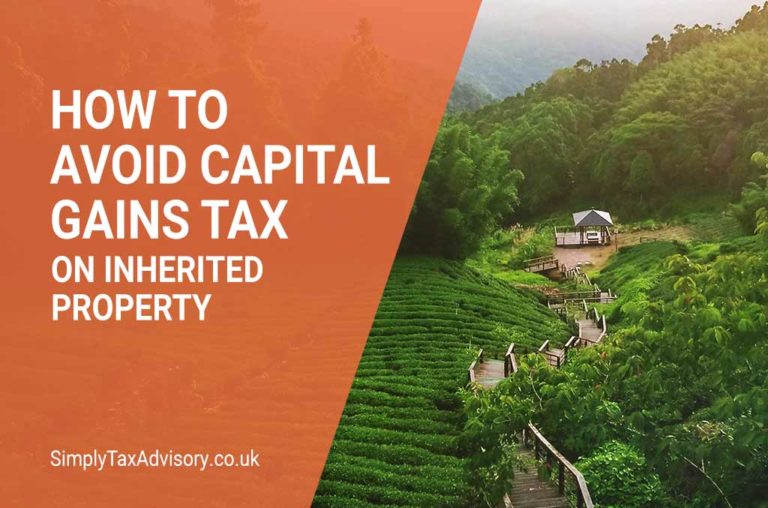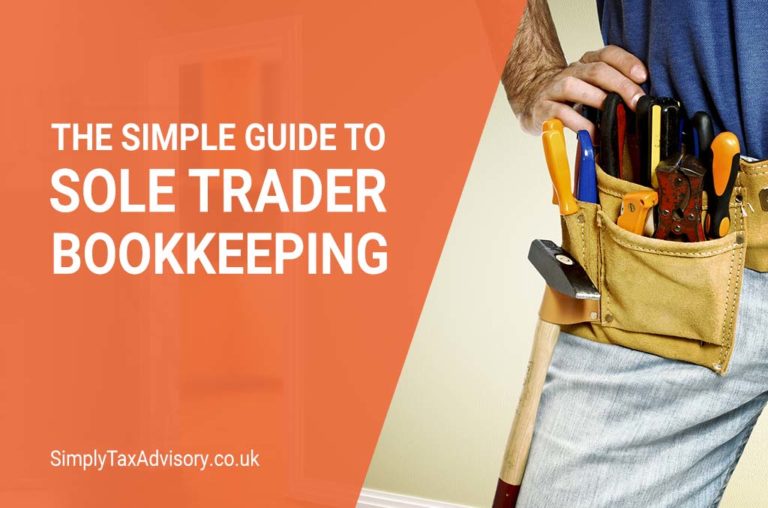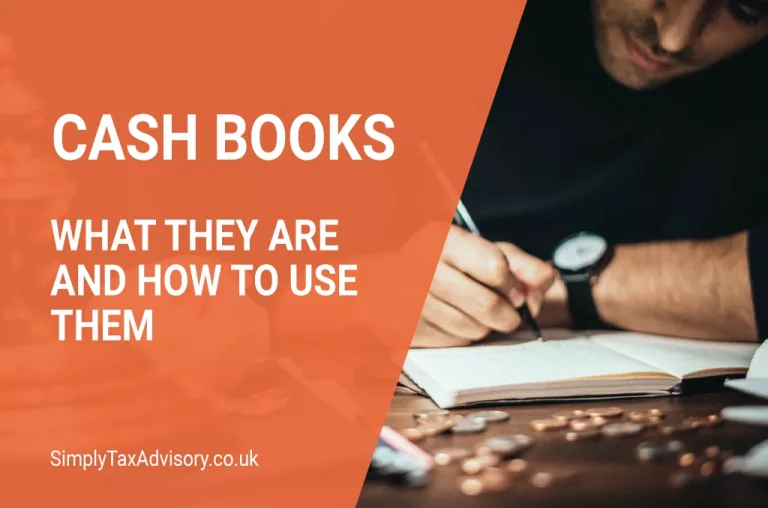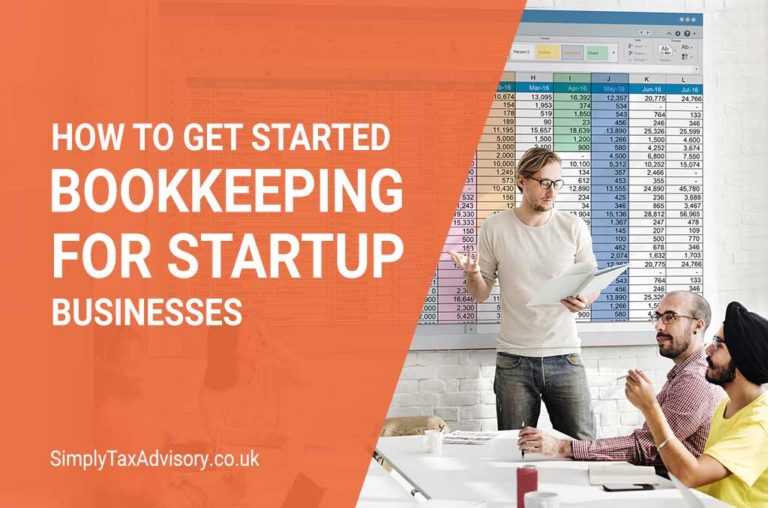3 Ways to Financially Optimize Your Landlordship: Property Tax Advice London
Landlords in London, UK, are often unaware of property taxation. Tax obligations can be confusing and difficult to understand for property owners. There is property tax when you buy it, property tax while you hold it, and property tax when you sell it. In this blog post, we are going to discuss 3 ways that landlords registered in England and Wales, even a non-resident must take to minimise their property taxes while still operating a profitable property.
1) Stamp Duty Land Tax: Consider the tax treatment of your property when you purchase it
One of the major property taxes is SDLT, which stands for Stamp Duty Land Tax. If you want to calculate your SDLT for your purchased property, you have to consider if there is a freehold or leasehold. You should consider the SDLT with property accountants or tax advisors before making any decisions about property investment or rentals.
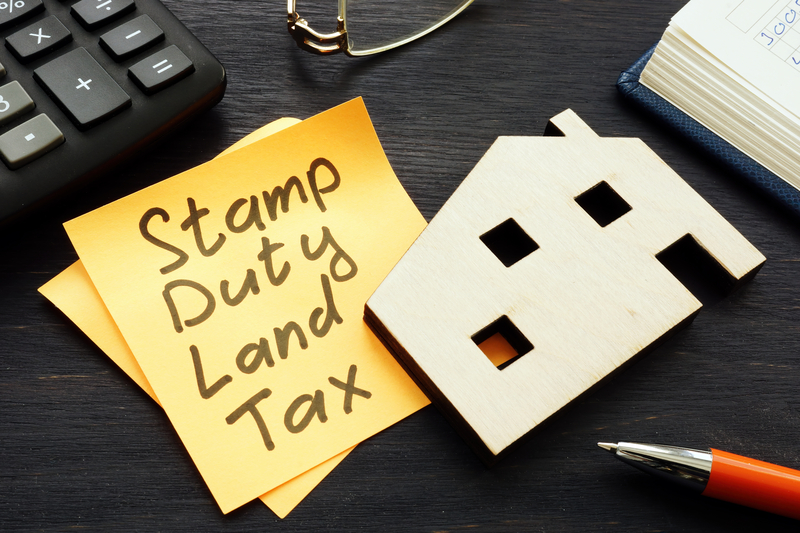
The property tax will be different depending on what property type it is and how much value that residential property has. For example, if you make an investment to buy a residential property with a high market value of £950k+ then property tax will be typically higher than someone who purchases a house worth £600k. To be sure of the amount, you can use HMRC Stamp Duty Land Tax Calculator for your tax planning.
| Property or lease premium or transfer value – 2021 | SDLT rate |
| Up to £125,000. | Zero |
| The next £125,000 (the portion from £125,001 to £250,000). | 2% |
| The next £675,000 (the portion from £250,001 to £925,000). | 5% |
| The next £575,000 (the portion from £925,001 to £1.5 million). | 10% |
| The remaining amount (the portion above £1.5 million). | 12% |
Let’s make this more clear with an example. In July 2021 you made a property investment of £275,000. How do you calculate the HMRC Stamp Duty Land Tax rate?
- 0% on the first £125,000 = £0
- 2% on the next £125,000 = £2,500
- 5% on the final £25,000 = £1,250
- total SDLT = £3,750
If you are a Buy-to-let investor, you are going to have to pay taxes on your earnings. But if you purchased the property as an individual the profits will be taxable as income.
Income Tax Rates in the UK are progressive, and landlords will typically be paying 20-40% of their property profits in tax. There is also another thing named Section 24 which will increase the amount you pay on your rental income.
If you purchase a property under a Limited Company, the property is under Corporation Tax with the benefits that Section 24 does not apply here (that’s why some people chose this option). This property tax is lower, but if you take some of the profits that the company makes and pay yourself, you’ll then pay Income Tax again.
What if you sell the property? Then you have to pay Capital Gains Tax.
Capital Gains Tax
This property tax is charged on the capital that you make from selling something.
If it’s your property, then it will be 20% of capital gains if your rate band is £37k or less and 40% for more than this amount. The first £11,000 do not have to pay any Capital Gains tax! If you are a Limited Company owner with an annual business income of over £12,300 (less director salary) and sell one asset but keep running the company — like a buy-to-let property — then there won’t be gains tax as long as all other rules apply.
2) Keep records on the income generated from renting out your property
The property income that you have to declare is the net property rental amount, which will be different from your gross property rent. You need to make the math when calculating your tax returns each year and use it for any other calculations such as capital gains or losses on property investments.
You can also claim expenses against the property income to reduce the taxable profit from renting out a property. Some of these expenses could include repairs, utilities and mortgage interest payments if they are related to an individual tenant’s tenancy agreement with you — but not all these costs may qualify so check in advance with a tax advisor or a tax accountant before claiming anything off!
One of HMRC’s most important pieces of advice is to “keep records” of your rental incomes — because even if some expenses don’t qualify, there may be other expenses that do. They are also very clear on this aspect: “You must keep your records for at least 5 years after the 31 January tax return deadline for each tax year.”
HMRC can charge you a penalty if your records are not accurate, complete and readable or if you do not keep them for the required period. They may also penalise those who submit an inaccurate tax return. That’s why we always recommend you to look for advice from property accountants or property developers in London, England and Wales to get professional tax support.
3) Ask property accountants if you’re eligible for an allowance or tax reliefs available for landlords
Tax reliefs and allowances are available for property investors. These can reduce the amount of tax you pay on rental income.
The main ones include:
- business property relief
- higher rate threshold offset
- capital gains tax exemption and
- trading expenses.
On the other hand, it’s good practice to deduct your costs before you arrive at the final amount of profit.
It might sound simple, but deductions are everything when it comes to property taxes: the more costs that you can deduct from your profits, the less profit will be taxable.
This means higher allowable expenses such as mortgage interest payments, repairs, property management fees, and living costs.
Not all landlords will be eligible for these tax benefits but it’s important to check with chartered accountants before claiming anything off.

Do you pay property tax every year in the UK?
Yes. The payment date is usually quarterly or annually with a deadline for filing before April 30th each year. If you, as a landlord, owe money HMRC will send out an SDLT certificate warning you beforehand about outstanding payments. So it’s important not to ignore these warnings as penalties could apply if HMRC deem the landlord has deliberately withheld information regarding property ownership.
If you are unsure that you are investing as an individual or through a limited company, make sure you get good advice from tax advisors to set yourself right up from the beginning.
To Sum Up
The property tax system in London, England and Wales are complicated and it’s necessary to know what tax relief you can claim to financially optimise your landlordship.
Property tax advice for landlords in London and the United Kingdom is important because it can help you reduce the amount of tax you have to pay on your property investments or rental income.
All of these taxes will depend on your circumstances – so make sure you get good tax advice from chartered accountants when considering investing in property.

About the Author
Claudio Alegria is the Chief Operating Officer at Simply Tax Advisory, providing tailored tax returns, payroll, bookkeeping and VAT services to small businesses, individuals and startups.
